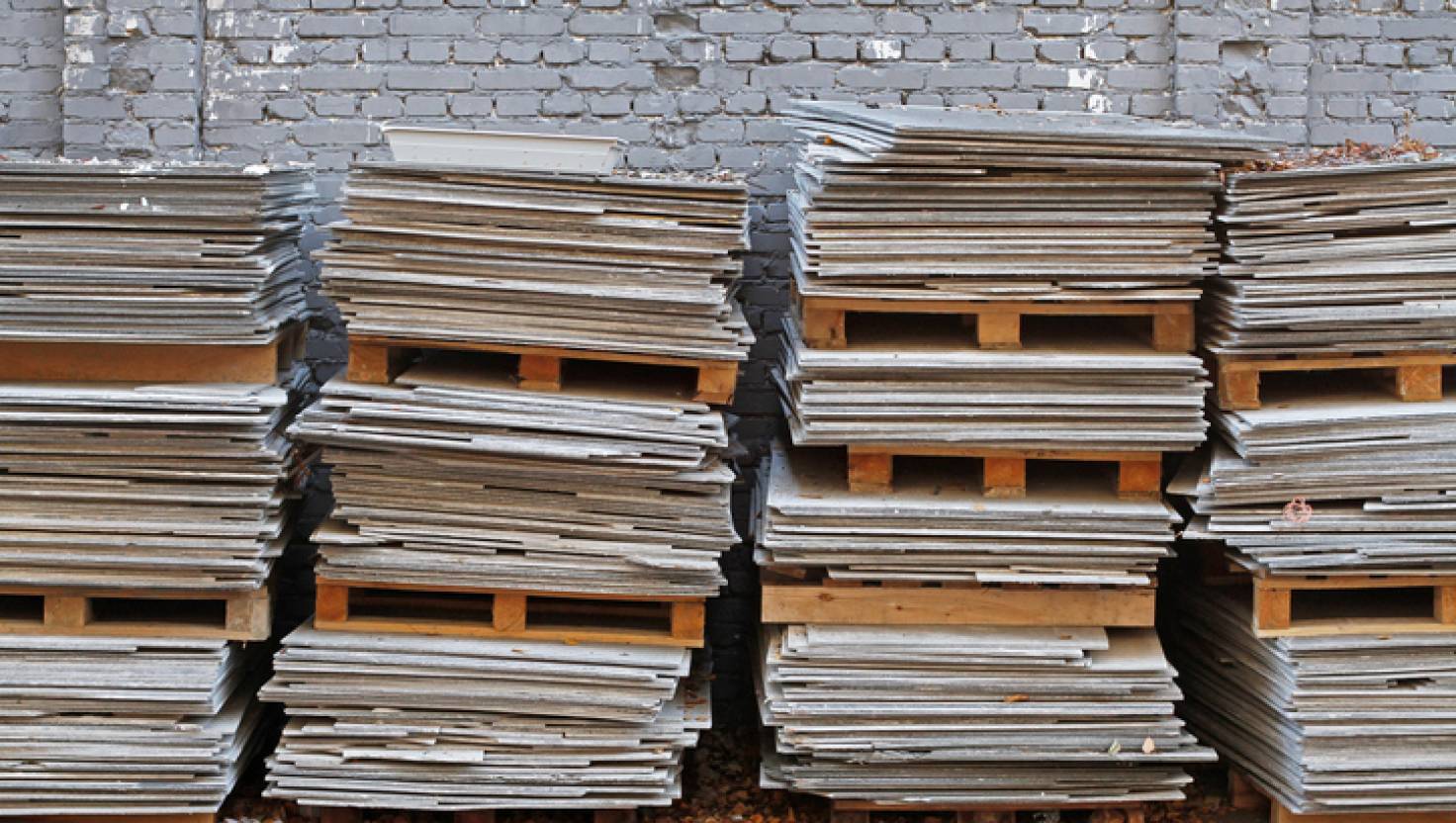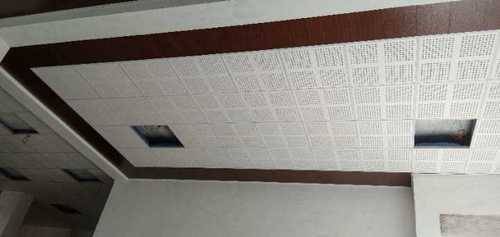The Indian Government has recently issued stringent quality norms for asbestos or fibre cement-based products to curb the import of sub-standard goods and enhance domestic manufacturing. The notification, titled 'Asbestos or Fibre Cement Based Products (Quality Control) Order, 2024,' was issued by the Department for Promotion of Industry and Internal Trade (DPIIT), This move aims to ensure that only high-quality products are produced, sold, traded, imported, and stocked in the country, thereby safeguarding consumer interests and promoting the local industry.
New Regulations for Quality Control
Under the new quality control orders (QCO), products made from asbestos or fibre cement cannot be produced, sold, traded, imported, or stocked unless they bear the Bureau of Indian Standards (BIS) mark. This regulation will come into force six months from the date of publication of the notification in the Official Gazette, giving manufacturers time to comply with the new standards.
The DPIIT's initiative to enforce these quality norms is part of a broader strategy to develop quality sensitization among both users and manufacturers. This initiative is expected to prevent the influx of sub-standard products, curb unfair trade practices, and ensure the safety and well-being of consumers as well as the environment.
Support for Small and Micro Industries
Recognising the challenges that small and micro industries might face in adhering to these new norms, the government has granted them additional time to comply. Small industries have been given an additional nine months, while micro industries have an extra 12 months to meet the required standards. This phased implementation approach is intended to protect these industries while ensuring a smooth transition to higher quality standards.
Penalties for Non-Compliance
The BIS Act stipulates strict penalties for non-compliance with the new quality norms. Violators could face imprisonment for up to two years or a fine of at least Rs 2 lakh for the first offence. These stringent penalties are designed to ensure that manufacturers and traders take the new regulations seriously and comply promptly.
Historical Context and Broader Impact
This is not the first time the government has issued mandatory quality control orders for various products. Similar orders have previously been issued for smart meters, welding rods and electrodes, cookware and utensils, fire extinguishers, electric ceiling fans, and domestic gas stoves. Each of these initiatives aims to enhance product quality, protect consumers, and support fair trade practices.
Development of Quality Standards
The DPIIT's efforts to develop and enforce quality control orders reflect a broader commitment to promoting quality standards in the Indian market. By ensuring that products meet established standards, the government aims to build consumer confidence and support the domestic manufacturing sector. This approach is particularly important in sectors like construction and infrastructure, where product quality directly impacts safety and longevity.
Conclusion
The government's focus on mandatory quality norms for asbestos cement products marks a significant step towards enhancing product quality and supporting domestic manufacturing. These regulations are expected to curb the import of sub-standard goods, prevent unfair trade practices, and ensure the safety and well-being of consumers and the environment. With additional time granted to small and micro industries for compliance, the government aims to balance the need for stringent quality standards with the practical challenges faced by small businesses. Overall, these initiatives represent a concerted effort to promote high standards and robust regulatory frameworks that benefit both consumers and the industry as a whole.
Image source- asbestos.com









.png)